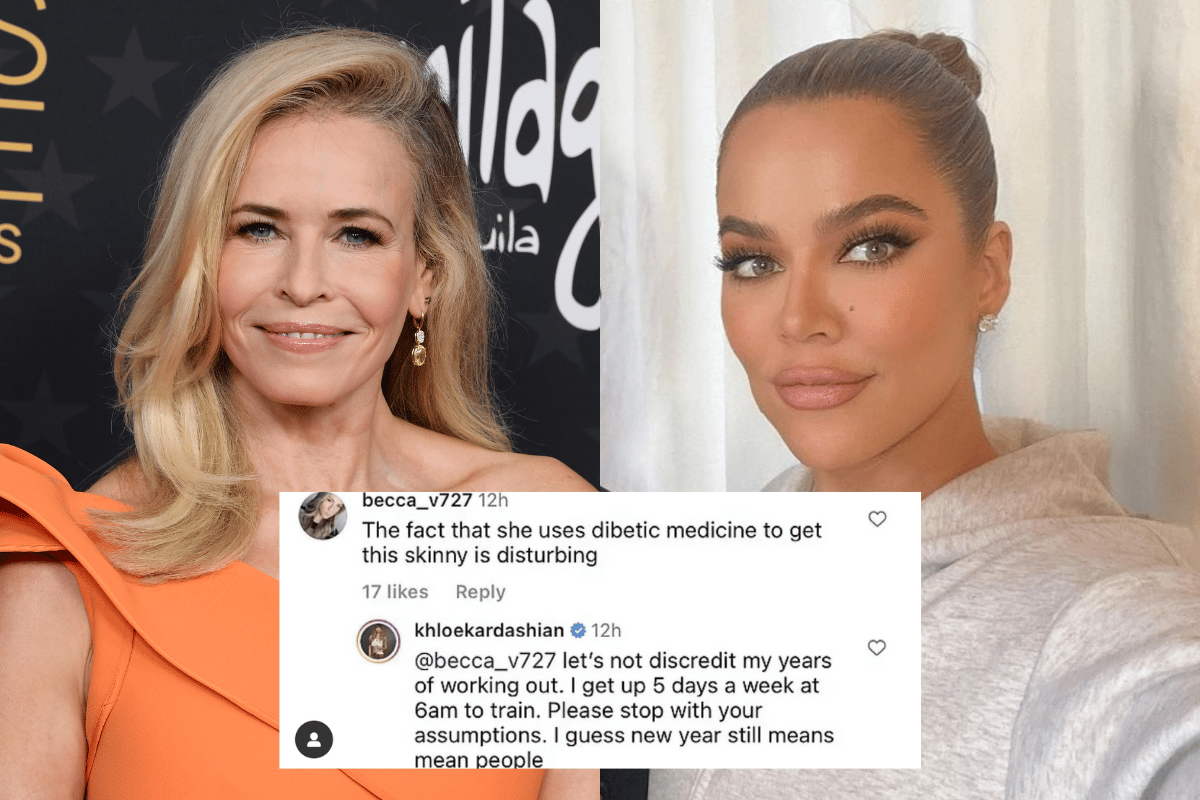
Ozempic. Chances are, you've heard of it.
A medication designed for people with Type 2 diabetes, over the past several months the drug has gained massive traction, with talk of it being prescribed to celebrities for weight loss.
A once-a-week injection, the role of the drug is to balance blood sugar levels, making it an effective solution for long-term weight management for diabetics and obesity.
However, for celebrities, it's seemingly becoming the drug of choice for weight management.
While only a few celebrities have publicly admitted to taking Ozempic (or WeGovy - another popular brand of the drug), others have shared their views on the trend, with some even openly denying taking it.
Recently, comedian Chelsea Handler talked about the drug being used for weight loss in her own Hollywood circles, sharing her experience on the podcast Call Her Daddy.
She opened up about unknowingly being prescribed the drug, and why she decided to step away from it.
Speaking with host Alex Cooper, she shared, "So, my anti-aging doctor just hands it out to anybody. I didn't even know I was on it. She said, 'If you ever want to drop five lbs., this is good.'"
"I came back from a vacation and I injected myself with it. I went to lunch with a girlfriend a few days later, and she was like, 'I'm not really eating anything. I'm so nauseous, I'm on Ozempic,'" she said.

Top Comments